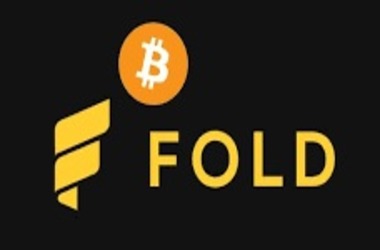
Bitcoin (BTC) Lightning Network operates as a second layer to Bitcoin’s blockchain and removes scalability issues by establishing payment channels between users, and record transactions off-chain. The core blockchain of Bitcoin is only used to record final balances.
Merchants will finish paying through their prepaid access tools in their fiat currency of interest so that completion of transaction can be faster and simple.
Therefore, LN transactions are handled through the Fold website where customers can pick a vendor and use their Lightning wallet to settle the appropriate invoice. Once payment is completed, the system rewards them a coupon with a maximum face value of $25.
The coupon can be exchanged either at physical stores by using a barcode or on web using alphanumeric code.
In addition to the obvious scalability and accessibility advantages of offering LN assistance at big merchants, Fold emphasizes that its offerings are more widely aimed at maintaining confidence in the core values of cryptography: implying no Know-Your-Customer (KYC) controls, a non-custodial mechanism and — aiding maximum adoption of Bitcoin— no assistance for altcoins.
With this initiative, Fold has joined other third-party crypto payment processors to provide customers with methods to use Lightning at significant retail and e-commerce venues.
Back in April, another startup firm Moon introduced a web browser extension that allows internet shoppers to use their Lightning wallets for transactions on Amazon and comparable e-commerce sites. Similar to Fold, Moon acts as a facilitator— implying e-commerce giants such as Amazon are yet to accept, process and manage crypto.
Back in 2015, Fold launched its Bitcoin payment facility— as a gift card— which can be readily used at retailers such as coffee chain Starbucks. In March, Lightning Labs, a blockchain innovation firm, announced the formal launch of the Lightning offramp Lightning Loop, offering a non-custodial method to receive money through the network.